It is research that ranges from radical Existentialism and Christian Existentialism, in which the author develops the fundamentals of scientific definitions of that existential and philosophical movement, in order to check the transcendental thesis of its defenders and their resonance in the twentieth century.
It is the path leading from the existential psychoanalysis to the progressive-regressive method. Progressive-Regressive method, according to the same existentialist, is the swing of the meanings more abstract to more specific meanings, the ebb and flow of the work to man and man to history. Here, the author has followed the steps of the French philosopher to apply this method to the figure of Gustave Flaubert and the France nineteenth-century history.
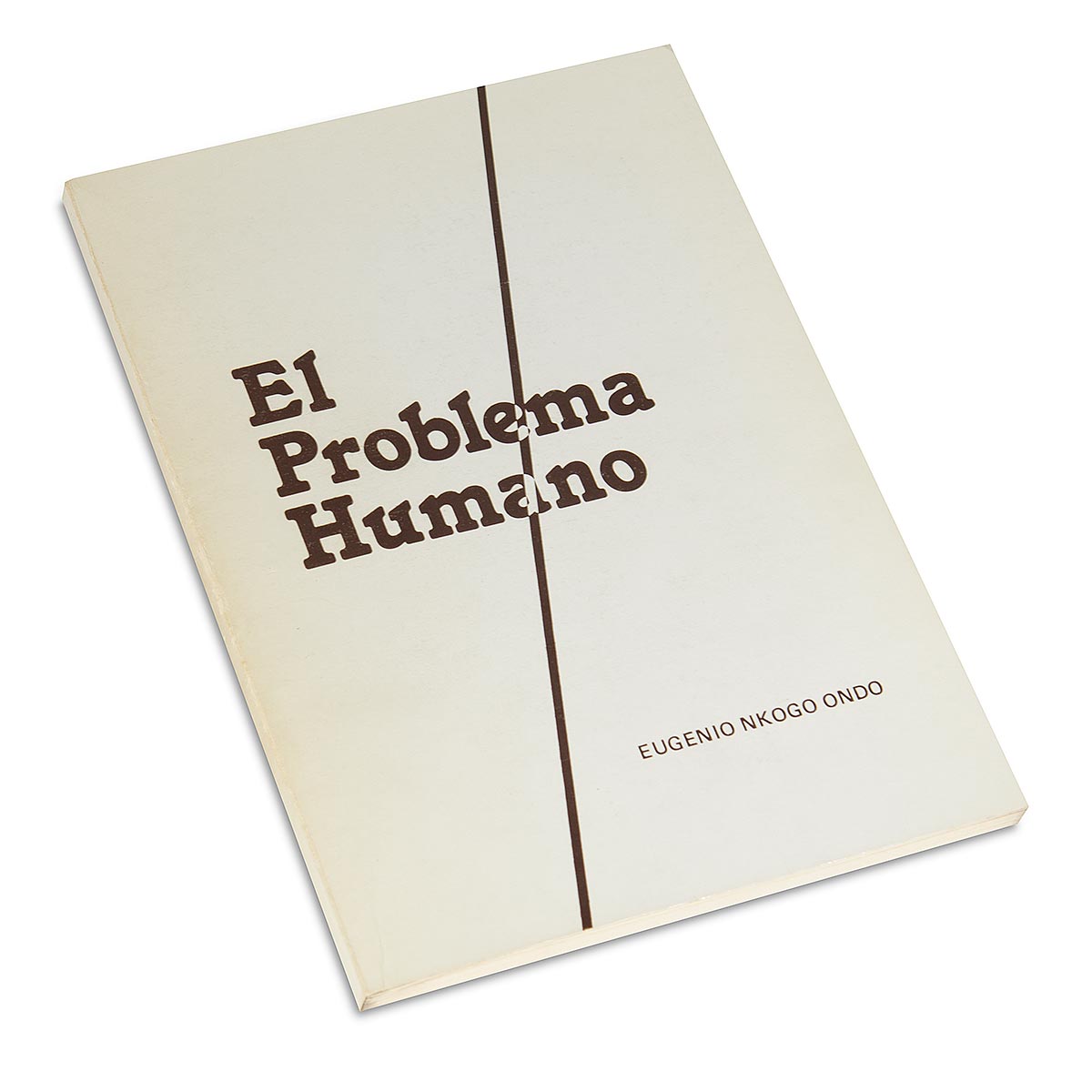
This title includes essays written by the author between 1973 and 1977. It is not intended to address the structure of the essence or human nature itself, but rather the interpretation or understanding of specific situations.
A reflection on African independence after the fall of Kwame NKRUMAH. The Gold Coast, later Republic of Ghana, the cradle of unity project and African liberation, fell into the hands of neo-colonial exploitation in February 24th 1966. Twelve years later, the author observed firsthand the destructive effect that produced this reversal of values.
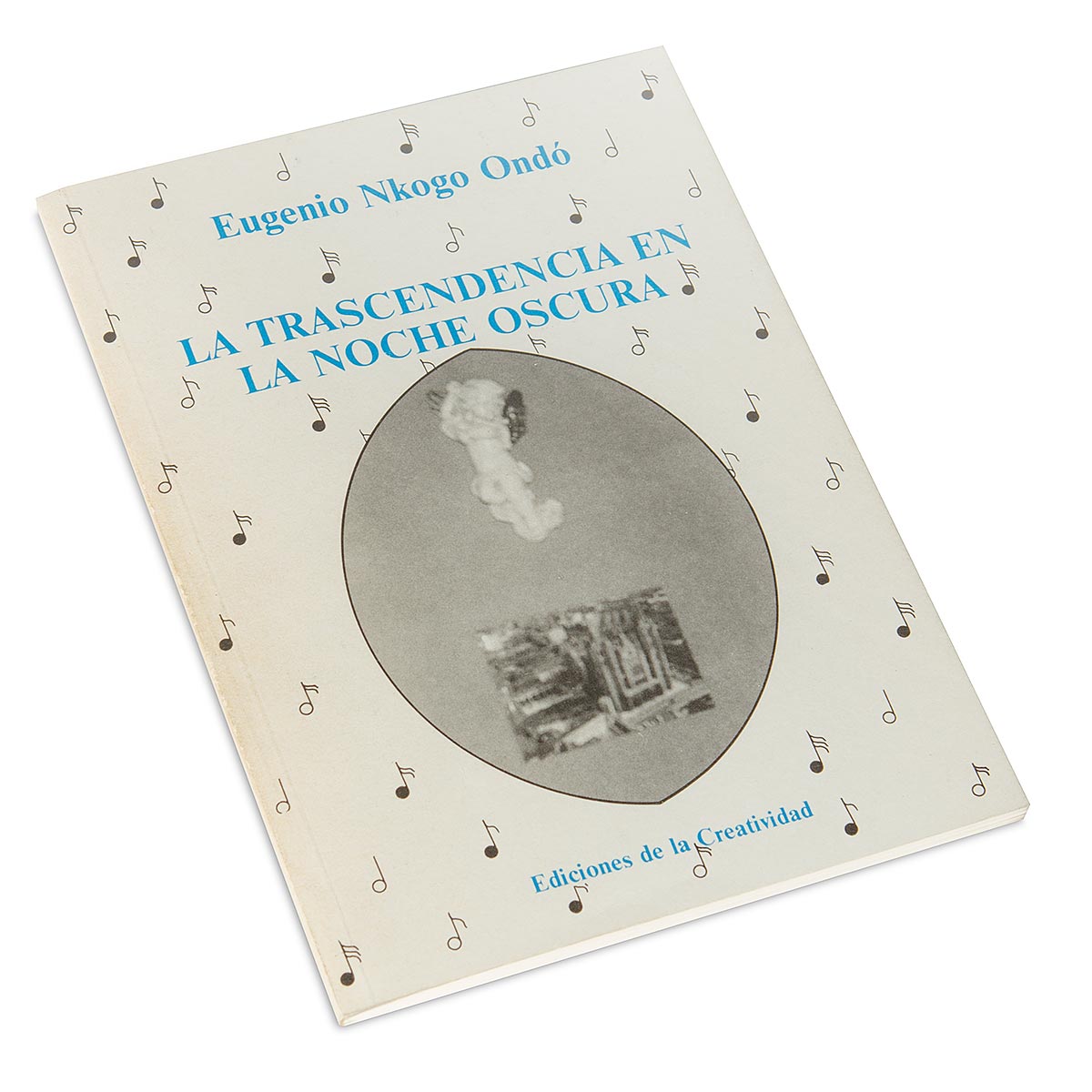
It is, first of all, an analysis of the concept of transcendence and, secondly, an attempt of his application to the musician’s untimely demise Ángel Barja, in Leon. It’s a quick story, inspired by emotional states to examine the phenomenon of the death of a close.
A study of the metaphysical doctrine of Jean-Paul Sartre approached from the perspective of how-to-be-or-be-in-the-world being in general, of being in particular and of his own being that, from the analysis of the ego, the “self”, in relation to the ‘other’ and finite and infinite reality lands in the world, not in the classical Greek world but in the human world, that is one that is defined as “that from which human reality announces what it is”.
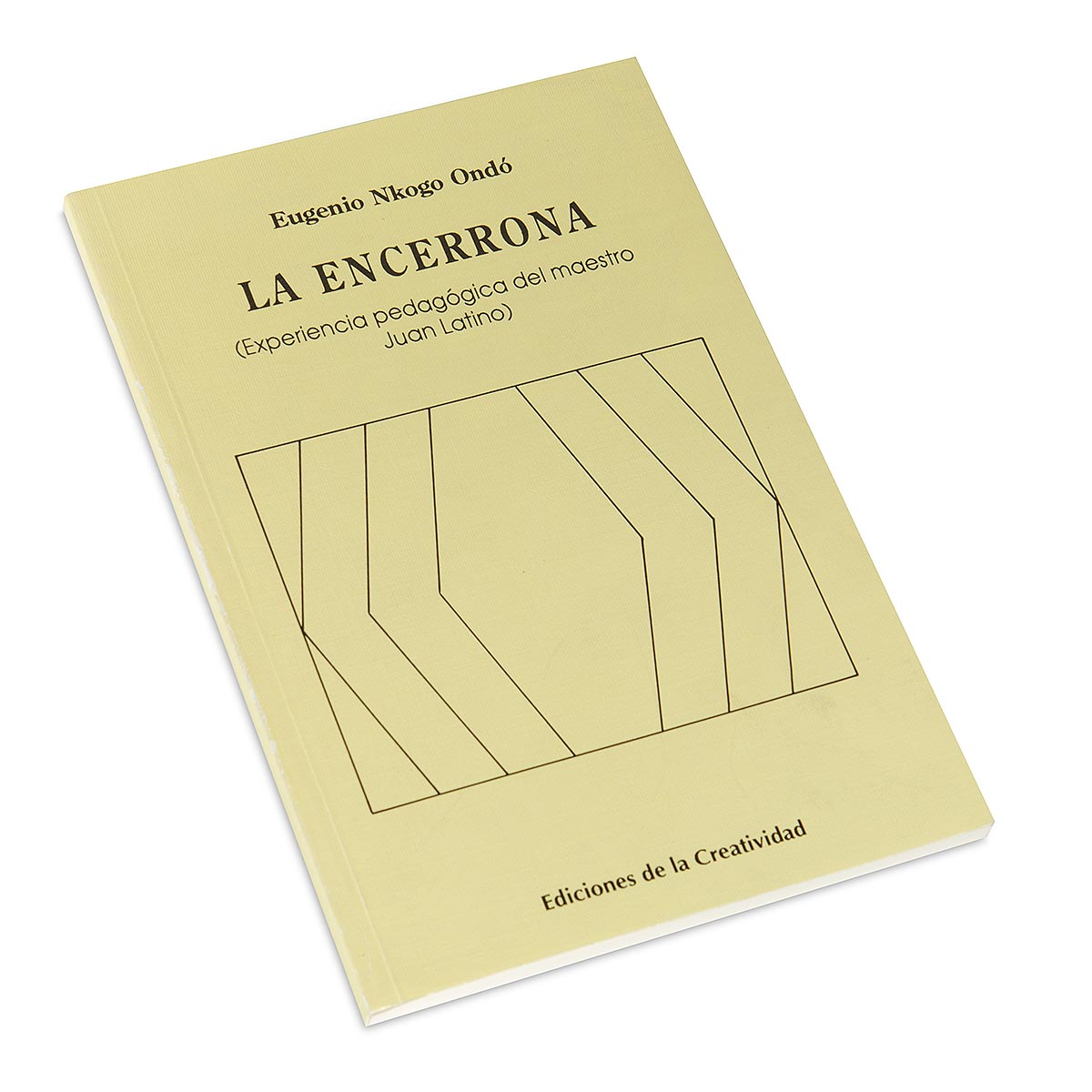
The Encerrona is critical to the immobility of Spanish University, dominated by inbreeding. With it applies the principle of automatic reject to anyone who intends to oppose the established dogmatic system. This is Spanish and incomplete version of Le Confinement.
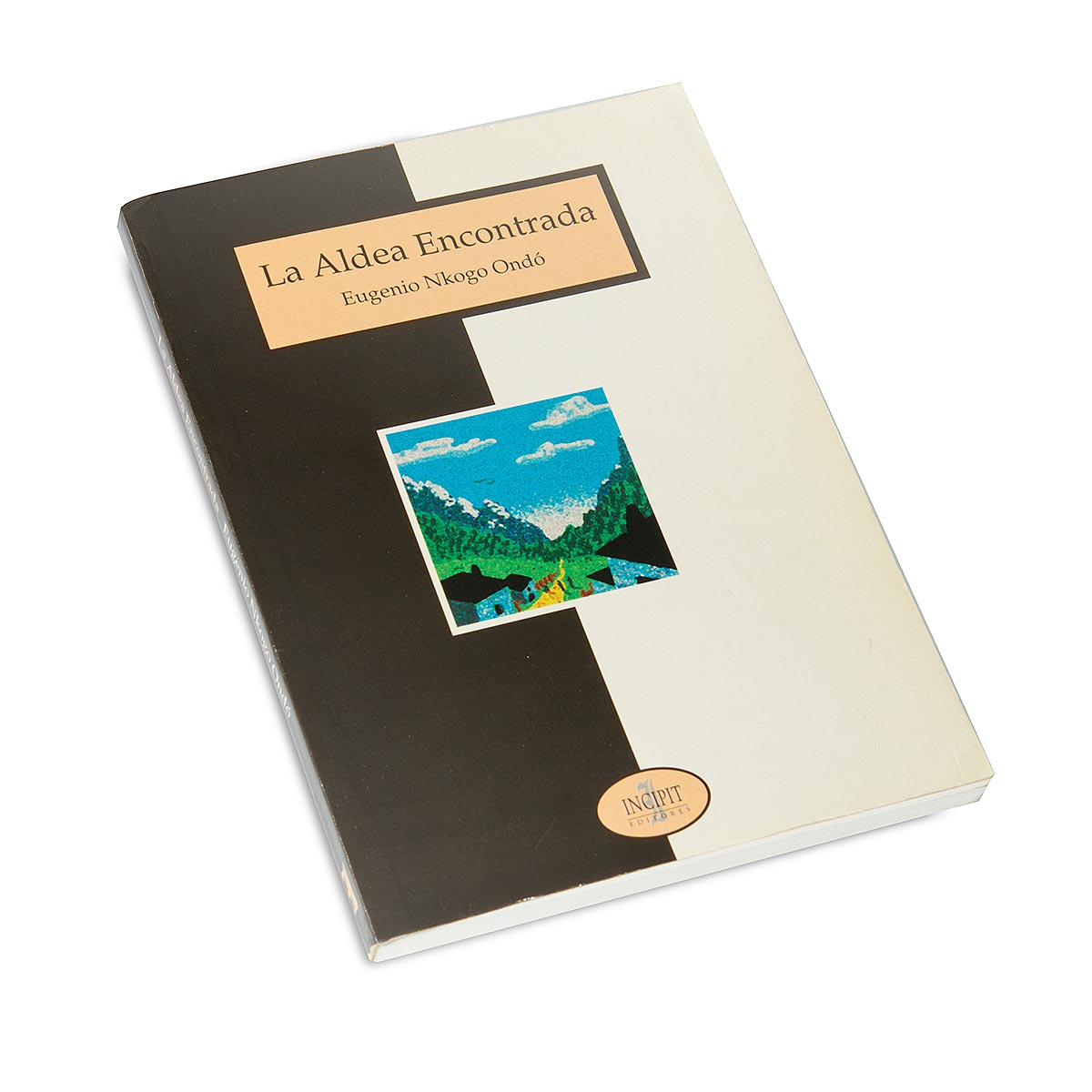
This novel presents a phenomenological description of the author’s experience in the small hometown of the Spaniard writer Armando Palacio Valdés, author of La aldea perdida. There, in the mountainous area of ??the basin of the Nalón River, places the Globetrotters, who, from Pola de Laviana, takes trips to meet and know the Asturias region.
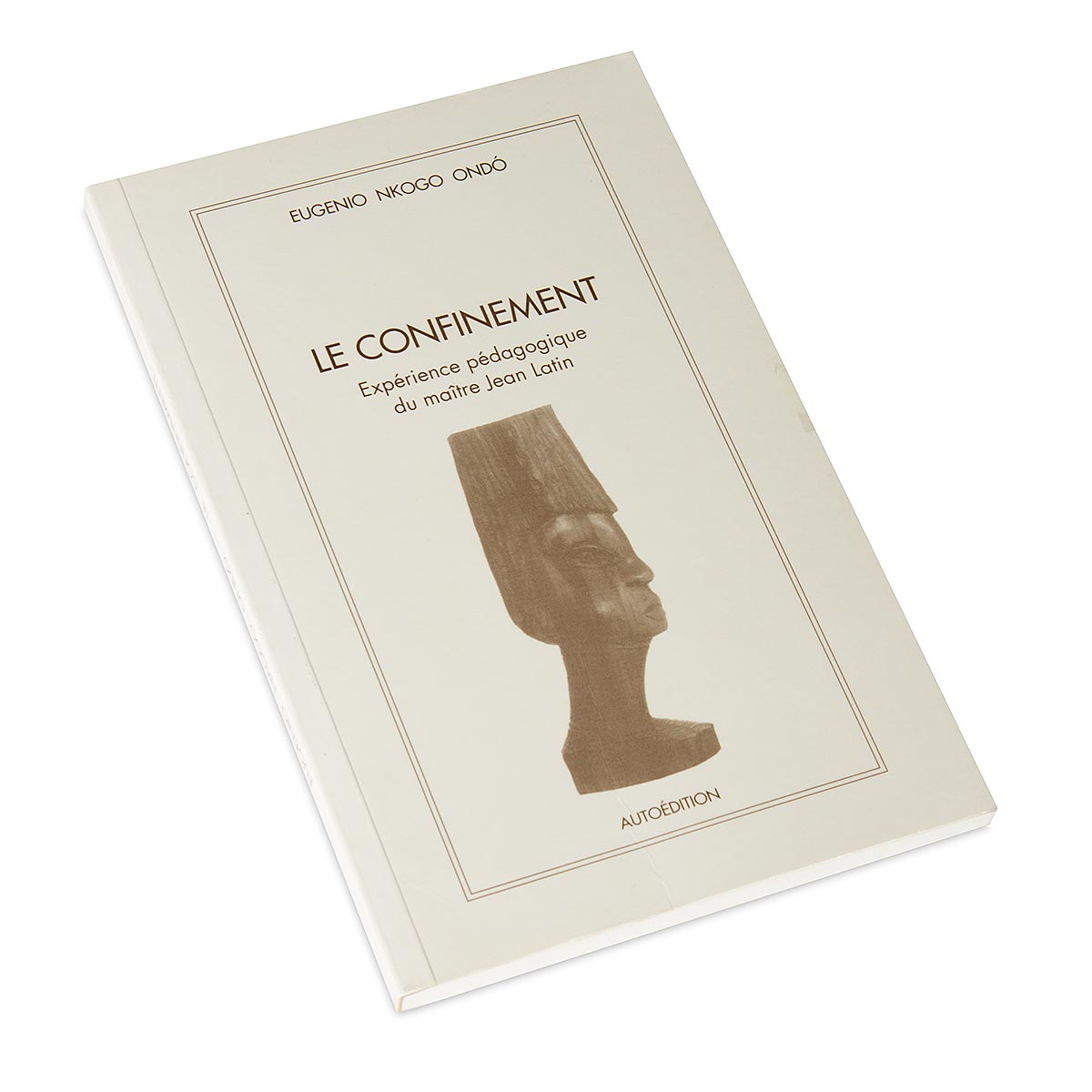
This pedagogical experience of Professor Juan Latino imaginary is not a narrative but a testimony. The author recounts his personal experience in the Spanish University, which closed and dogmatic structure known as inbreeding do not permits free thinking nor professors able to contribute with ideas or attitudes suspected of causing critical damage to the established system.
Following the presentation of theories of the intelligentsia and the positions of the same intellectual face of war, the author analyzes the world built by totalitarian capitalism or totalitarianism U.S. capitalist, neo-colonial influence in the international arena, which , after the fall of the USSR, claims to be the world policeman. In this particular circumstance, the author proposes the creation of a new philosophy. That is The radical thinking (La pensée radicale).
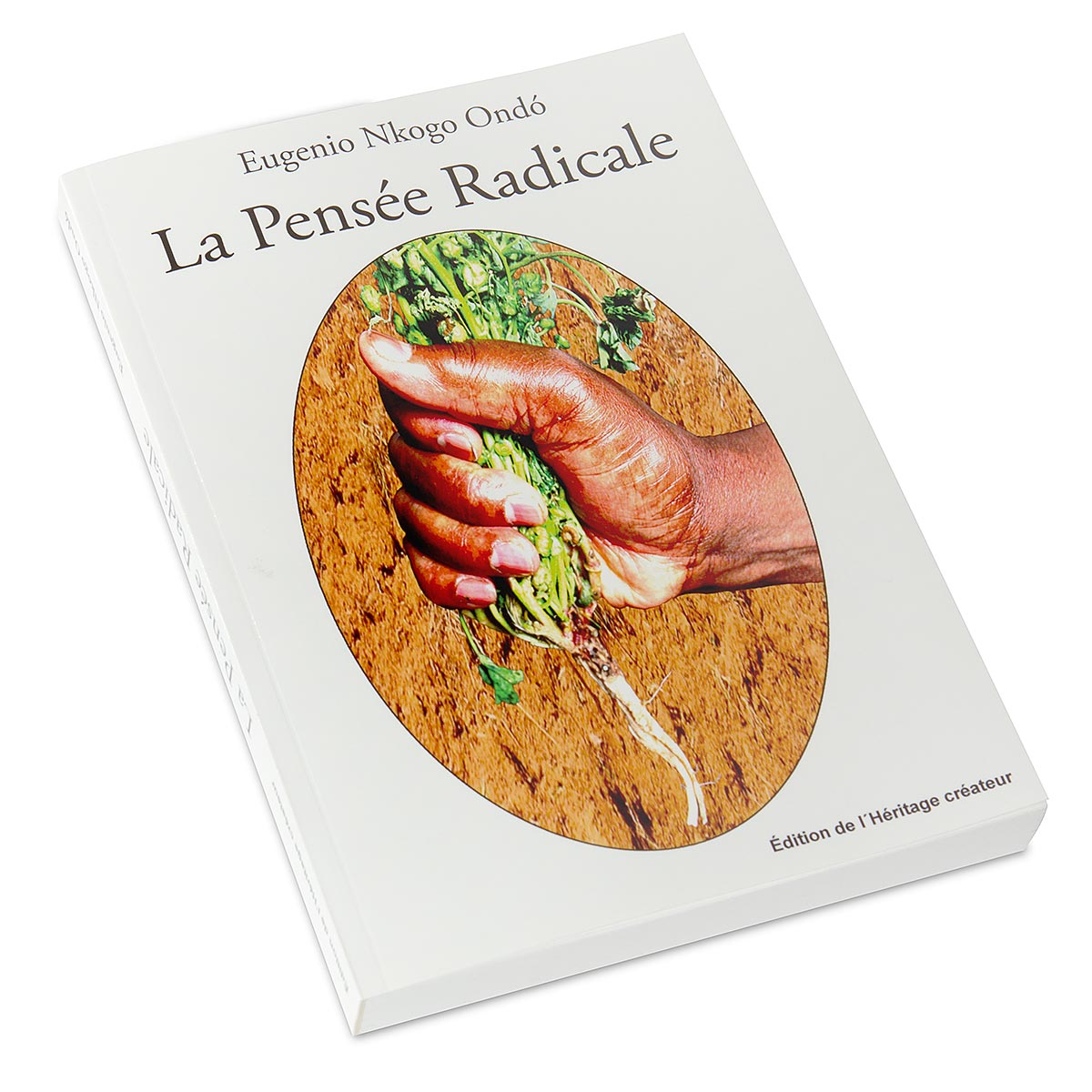
This work is a project of the creation of an independent thought, autonomous, that starts from the criticism of the established values ??and, based on the philosophy of history, stops in the revolution of thought to become a revolutionary thought. His journey through the history of philosophy is directed towards finding the true origin of philosophy, which has taken place in the Egypt of Negritude, an event unknown by the Western tradition. In paying tribute to the philosophy “really free” lands in the 20th and 21st centuries dominated by a unique dimensional thinking and “flyover” that, having been promoted by various powers, have betrayed the true philosophy. Amid this uncertainty, arises the radical thinking in order to get that philosophy and to seek a solution to the human problem of our times.
This work must be considered as the first volume of the Radical Thinking. It represents a new hermeneutic approach to universal and particular knowledge, in which the author shows that Africa is not only the cradle of humanity but also of philosophical and religious systems. It begins by analyzing the system of thought of Ishango, the original inhabitants on the shores of Lake Edward (DR Congo), which dates back to 30,000 years BC. Upon discovering theogonic cosmogony and the scientific revolution that flourished in Egypt of Negritude, whose source drank all Greek philosophers and thinkers, it demonstrates the statements of the African Traditional Philosophy through the Middle and Modern Ages to reach the diversity of contemporary philosophical approach.
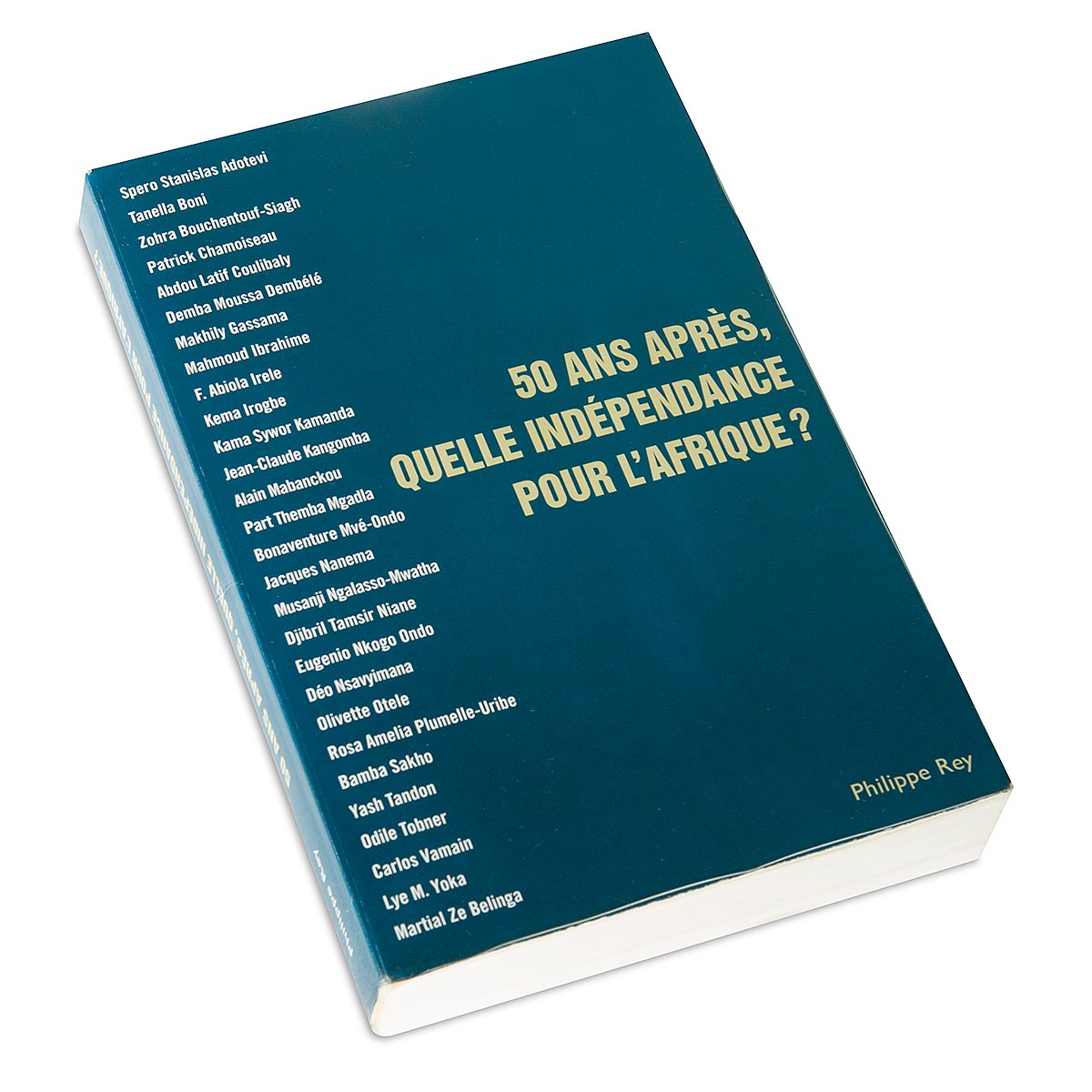
Multiple views of 28 intellectuals from Africa and the Diaspora, among which is the name of Eugenio Nkogo, whose purpose is to present a balance of massive access of African countries to political independence in 1960. The dominant discourse of the work shows that one of the fundamental aspects around which most of his reflections, is the weight of the “negative action” of the two models of neocolonialism: the exterior and interior, obstacles to possible ways of continental development.
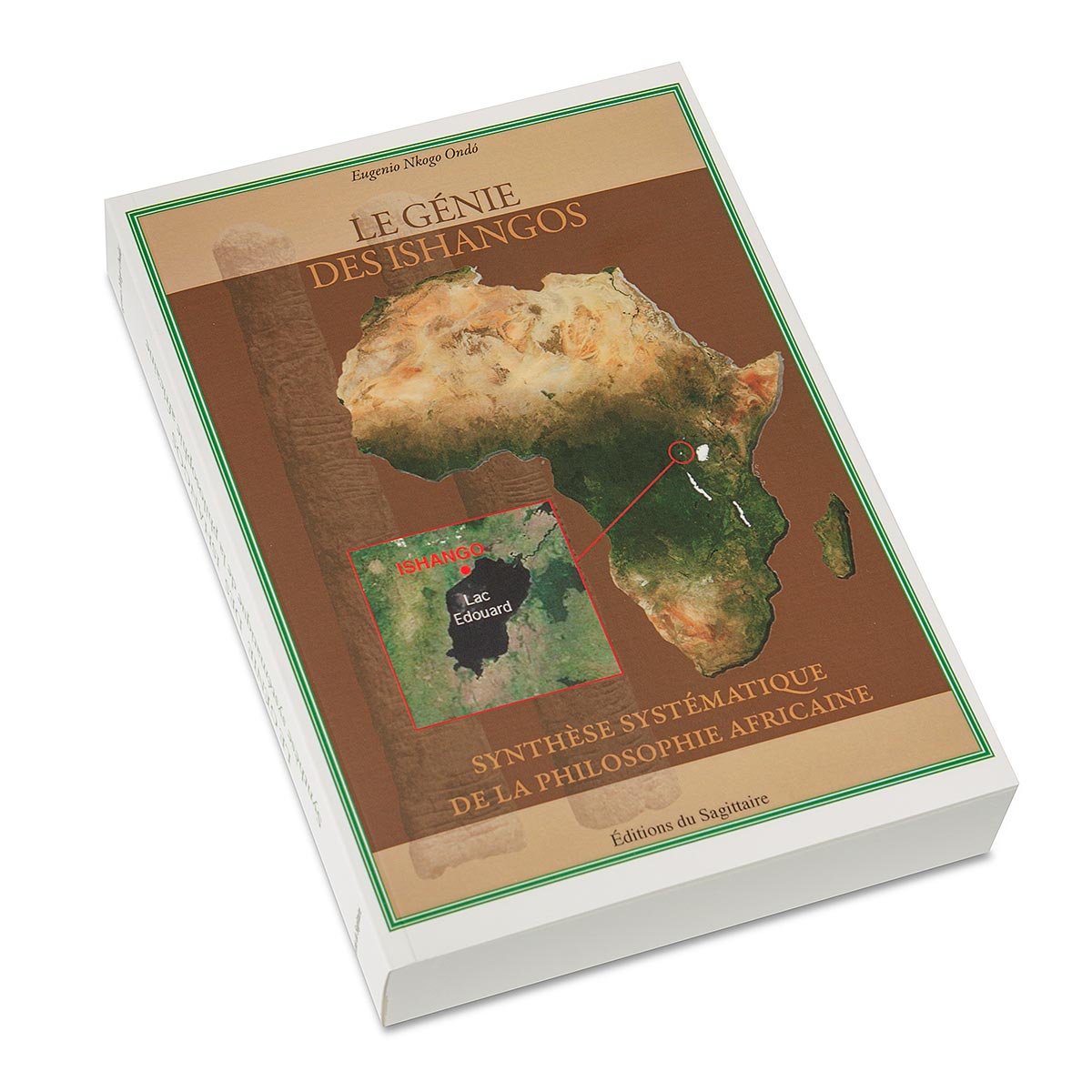
This is the first French edition and the most complete today of the Síntesis sistemática de la filosofía africana, in which the author has added new chapters to the Spanish edition, such as “En ndowant sous le préceptes d´Anyambe”; “La philosophie pratique et la clameur populaire”; «Le “Robespierre” de la pensée panafricaine”; “De la rationalité de l´irrationnel à l´authenticité de la philosophie panafricaine»; «L´intelligibilité de la philosophie africaine » ; «Entre l´élan vital théocentrique et la triple dimension de la communauté visible et invisible» and, lastly, «Les catégories de l´ontologie théocentrique du Zamani».
FAIA / FILOSOFÍA
AFRO-INDO-AMERICANA
Es la primera edición impresa de FAIA, Revista de Filosofía Afro-Indo-Americana, Escuela del Pensamiento Radical, fundada y dirigida por el filósofo y profesor D. Fernando Proto Gutiérrez, que tiene su sede Buenos Aires, Argentina.
Como lo indica su título, la obra es como un espejo en el que se contempla la imagen interdisciplinar de una metodología que propone nuevas aproximaciones a los problemas filosóficos, teológicos, históricos, literarios, artísticos, etc.
Por orden alfabético, en ella intervienen:
– Carlos Manuel Zapata Carrascal.
– Eugenio Nkogo Ondó
– Fernando Proto Gutiérrez (director y compilador).
– Josef Ostermann.
– Luis Britto García.
– María Eugenia Jordán Chellini.
– Nicolás Ramón Contreras Hernández.
– Ricardo Pobierzym.
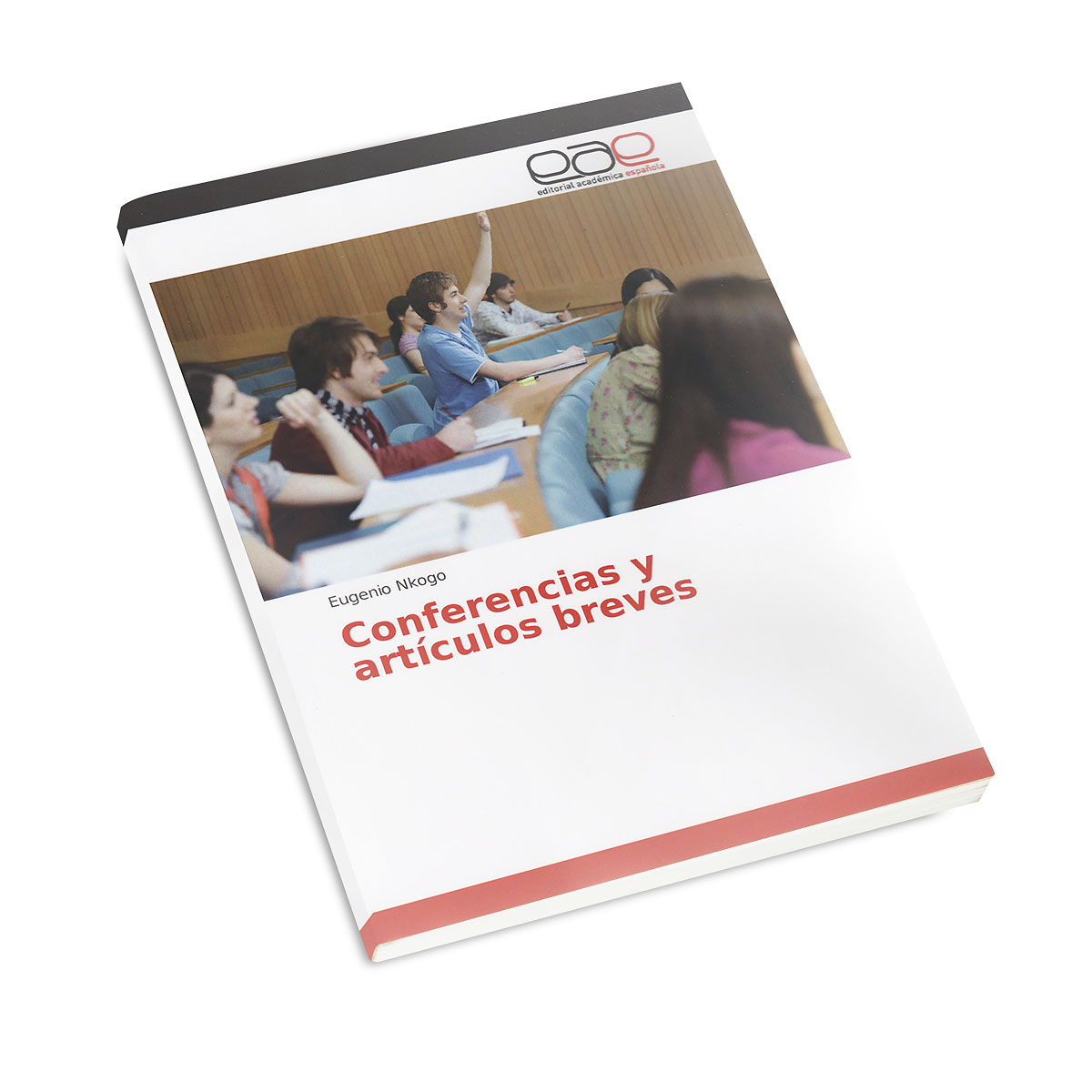
This book contains a small part of the activity that the author devotes to research and writing, which, from different hermeneutical approaches that judges relevant to each subject or object of knowledge, attempts to describe the phenomena to understand the extent as possible. His expression becomes, by the way, the word that leads circumstances to transfer, directly or indirectly, the experience of the relevant public, by conventional or usual channels of communication and faster than at present, new technologies make available to those who can use. With it, they undertake not false but true globalization, as suggested by the brief reflection that receives precisely the title “On the narrow gauge of globalization”.
TAMERY SEMATAWY, LIBRAIRIE KAMITE PANAFRICAINE
– Internet : www.tamery-sematawy.com
– YouTube : Tamery Sematawy Maât
– Tél : 0033610822918 (WhatApps, Telegram & Signal) / (fixe) 0033148031635
– Email : tamery75@aol.com
– Adresse : 15-17-19 rue du Chalet, 75010 Paris, France
– Interphone : Tamery (accès cour à droite)
– Métro Belleville : Lignes 2 & 11
– Bus : 20 ou 71 (arrêt Belleville) & 46 (arrêt Hôpital Saint-Louis)
– Ouvertures : 9 à 21 h du lundi au samedi & 14 à 21 h le dimanche
– Facebook : Tamery Sematawy (compte) & Tamery Sematawy Djehouty (page)
– Instagram : Tamerysematawy
– IBAN / RIB : FR76 30003 03160 00120507889 68 – Swift: SOGEFRPP / Société
Générale – 25-26 rue Notre Dame des Victoires – 75002 Paris, France
– PayPal : tamery75@aol.com ou https://paypal.me/tamerysematawy?locale.x=fr_FR
– Mandat : Ria ou Moneygram à Nzewo (nom) Samuel (prénom), Paris
– Contact : Narmer Nyamoro Meni S. Nzewo
– Editeur : MedouNeter
# Carte de visite à Diffuser pour Livres, Magazines, Audios, Vidéos et autres SICRAK
(Supports d’Informations et de Connaissances pour la Renaissance Africaine Kamite)